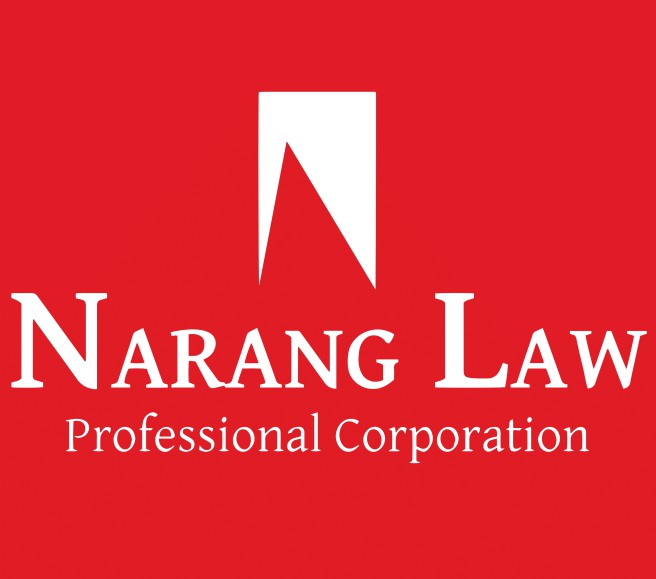Usually courts are reluctant to make a sole custody and supervised access order following a liberal parenting arrangement entered into on consent by the parties. However, in the recent Superior Court decision, Al-Farawi v. El-Farawi, the Honourable Regional Senior Justice Heeney made such an interim order. The factors that the court considered in making the order included:
1) Consent being entered into due to pressure from family;
2)Â The caregivers of the child present at the time of the consent order but not present or capable anymore;
3) Father not seen as capable of taking care of the child;
4) Consent order being made on a without prejudice basis;
5) Father having serious charges laid against him that could lead him to incarceration for about two years and father having no plan for care of the child if he was incarcerated;
6) Father being psychologically unstable;
7) Father having ‘undesirable companions’ visiting the home where the child resided with him;
8) Father’s probable abuse of drugs;
9) Father’s lack of responsibility for his behavior;
10) Risk of the child being exposed to violence while in father’s care; and
11) Report from the Children’s Lawyer in favour of the child being in the care of mother.
The father was ordered to attend partner assault response program and parenting program. Further, he was ordered to get a hair follicle drug test.
http://www.canlii.org/en/on/onsc/doc/2015/2015onsc4116/2015onsc4116.html
